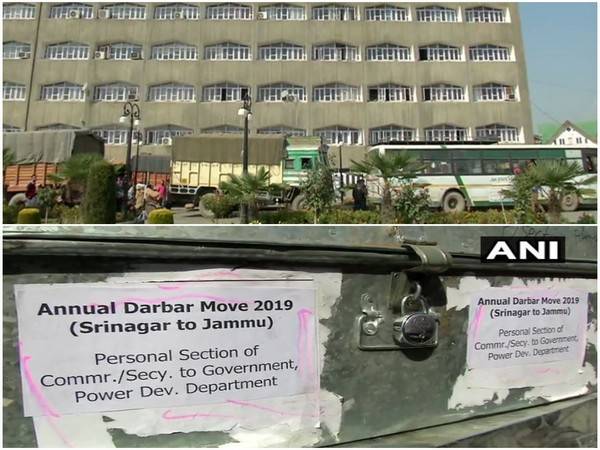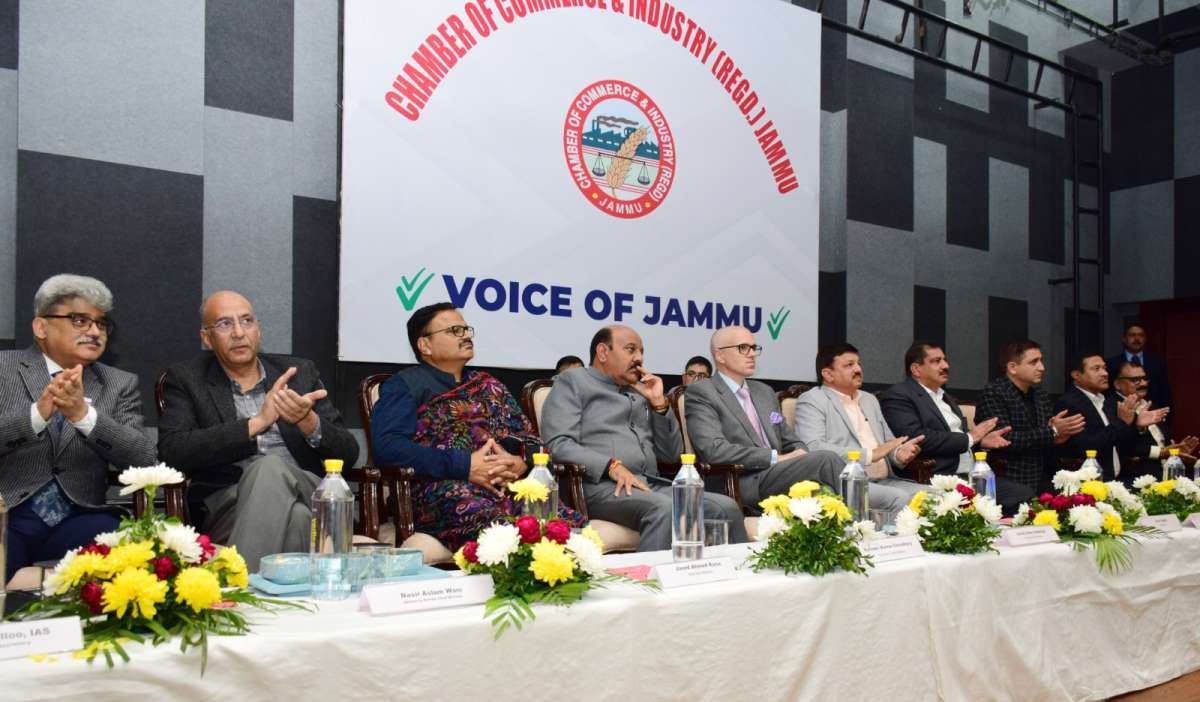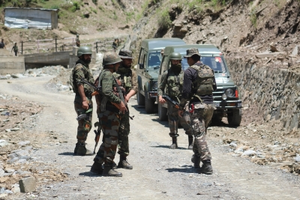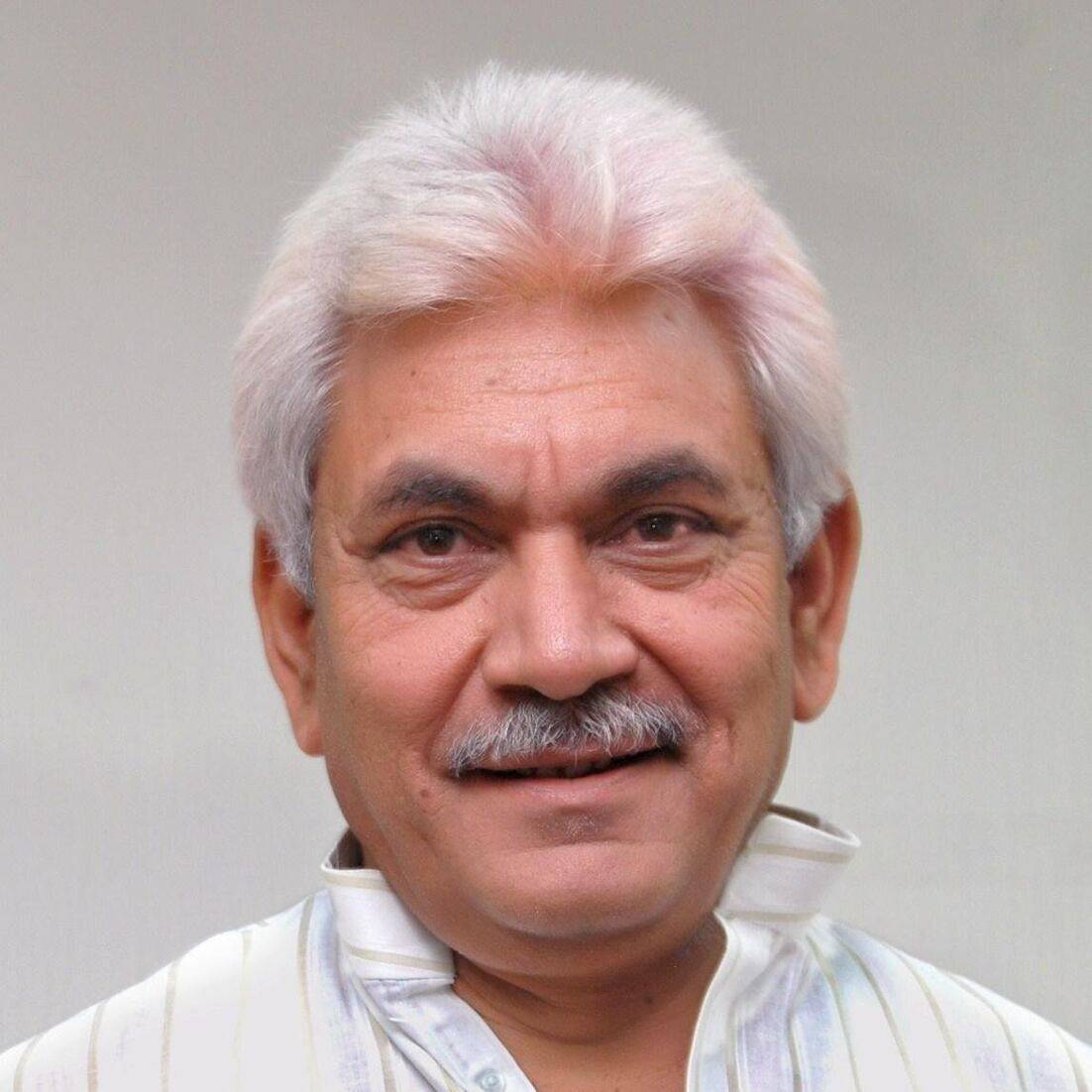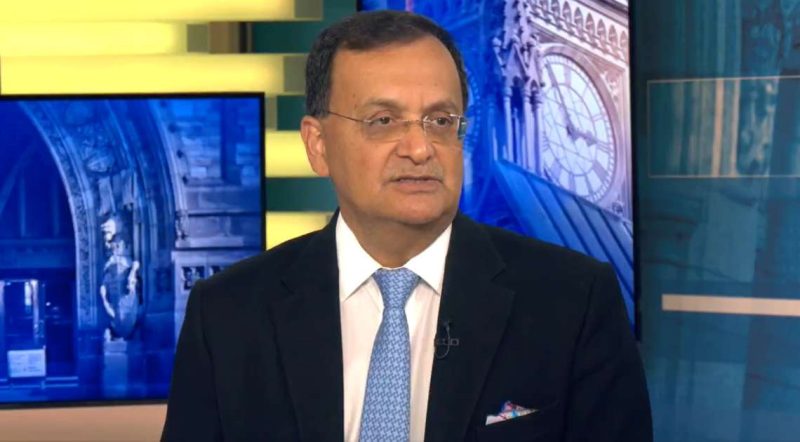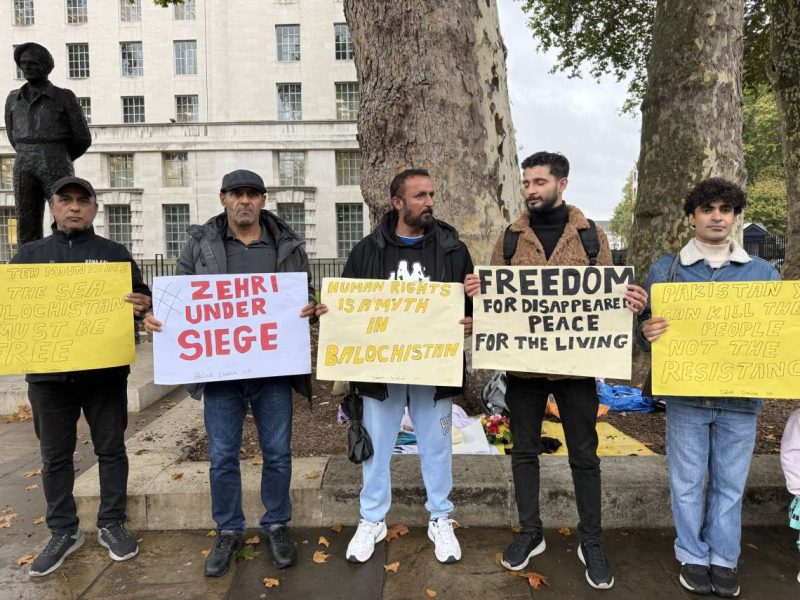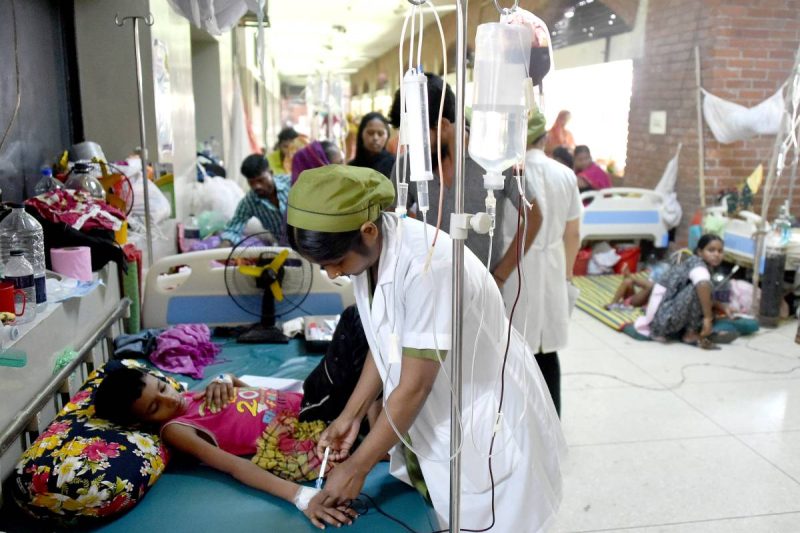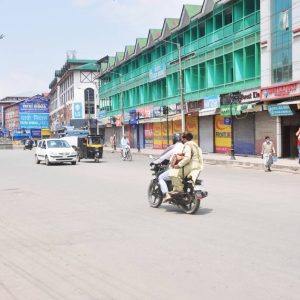All officers allotted the ‘Darbar Move’ accommodation at the twin capitals of Jammu and Srinagar have been asked to vacate the same within three weeks….reports Asian Lite News
Saying goodbye to the 149-year-old official practice of rotating the seat of governance between the twin capitals of Srinagar and Jammu on six-monthly basis called the ‘Darbar Move’, J&K government on Wednesday cancelled the practice and the accommodations given to employees who would shuttle between the twin capitals.
Lt. Governor Manoj Sinha had said on June 20 that since the administration had completed transition to e-office, there was no need to continue the practice of the biennial ‘Darbar Move’ of the government offices.
All officers allotted the ‘Darbar Move’ accommodation at the twin capitals of Jammu and Srinagar have been asked to vacate the same within three weeks.
The decision to end the biennial ‘Darbar Move’ will save the exchequer Rs 200 crore each year.
Following this decision, government offices will now function normally at both Jammu and Srinagar.
The Raj Bhawan, Civil Secretariat, offices of all major heads of departments would earlier shuttle between Jammu and Srinagar following the Darbar Move.
Meanwhile, the Jammu and Kashmir administration has also cancelled residential accommodations of government officials in the twin capitals of Jammu and Srinagar.
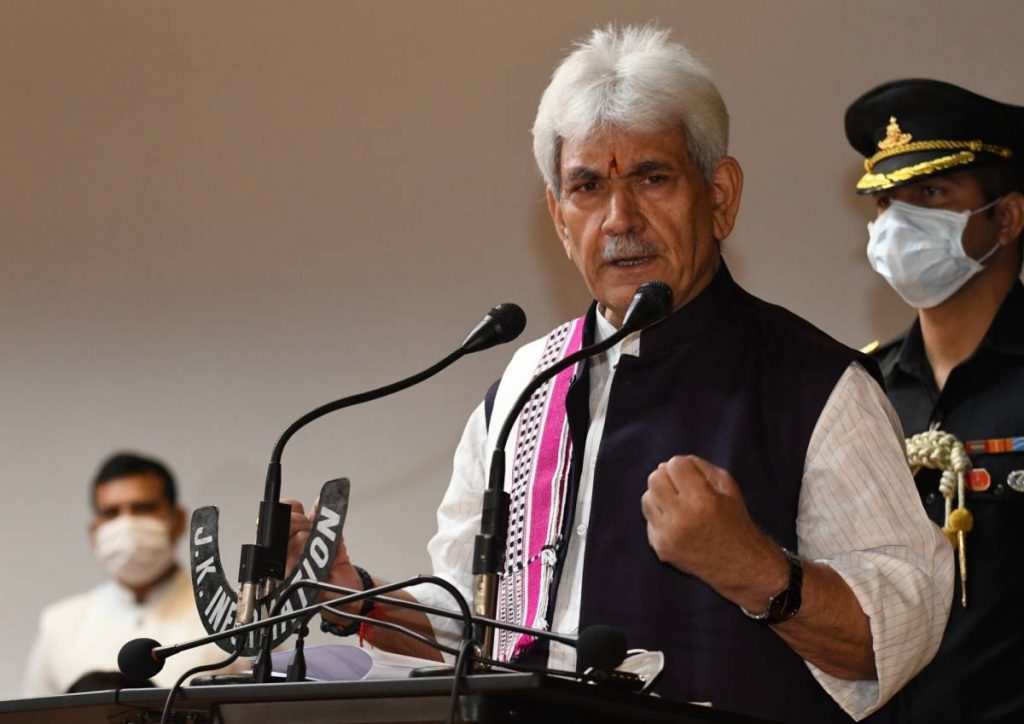
ALSO READ: Suspected drone attack at Jammu IAF station
According to an order issued by Commissioner Secretary, Estates Department, M Raju, the officials have been asked to vacate their government quarters in Jammu and Srinagar within 21 days.
On June 20, the L-G had announced that the Jammu and Kashmir administration has completely transitioned to e-office, thereby ending the practice of the biannual darbar move.
“Now both the Jammu and Srinagar secretariats can function normally for 12 months. This will save the government Rs 200 crore per year, which will be used for the welfare of the deprived sections,” he said.
The practice of darbar move has been a part of the Jammu and Kashmir administration since 1872 when it was introduced by Maharaja Gulab Singh. Srinagar serves as the summer capital of Jammu and Kashmir, while Jammu is the winter capital. The administration used to function in Jammu during the six months of winter and in Srinagar during the summer.
Due to this, employees from Jammu were allotted residential accommodation in Srinagar and those from Srinagar in Jammu. The Raj Bhavan, the civil secretariat and other major offices used to be shifted to the twin cities in phases, which used to cost the exchequer close to Rs 200 crore.
The order issued by Commissioner Secretary, Estates Department said sanction had been accorded to the cancellation of allotment of residential accommodation of officers and officials in Srinagar and Jammu.
The order said the officers and officials would vacate their government-allotted residential accommodation in the twin capital cities within 21 days.
ALSO READ: NIA begins probe on Jammu AFS drone attack


